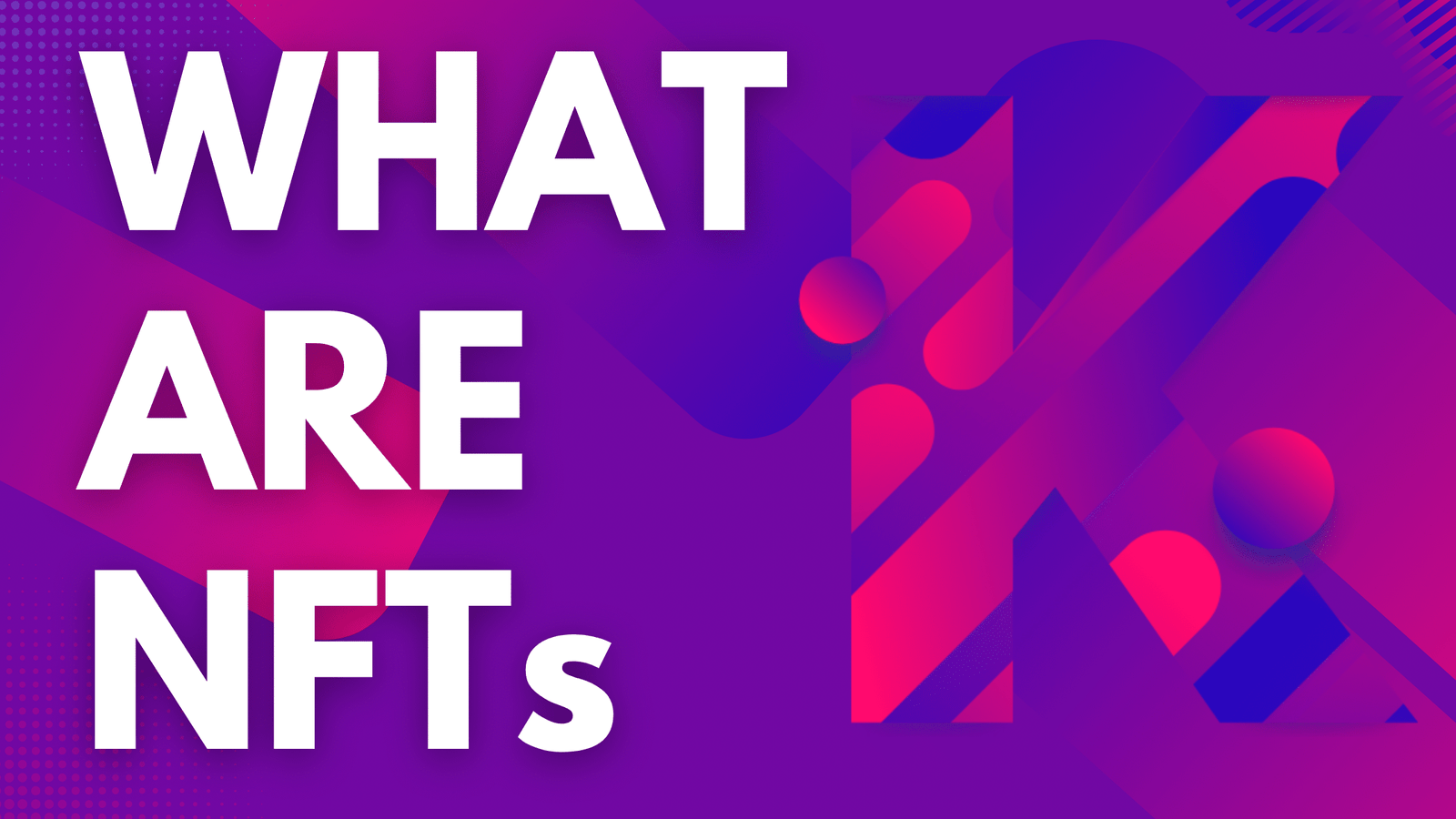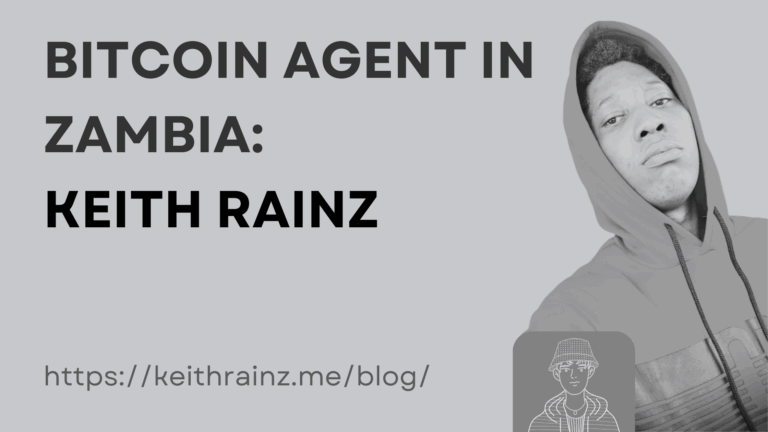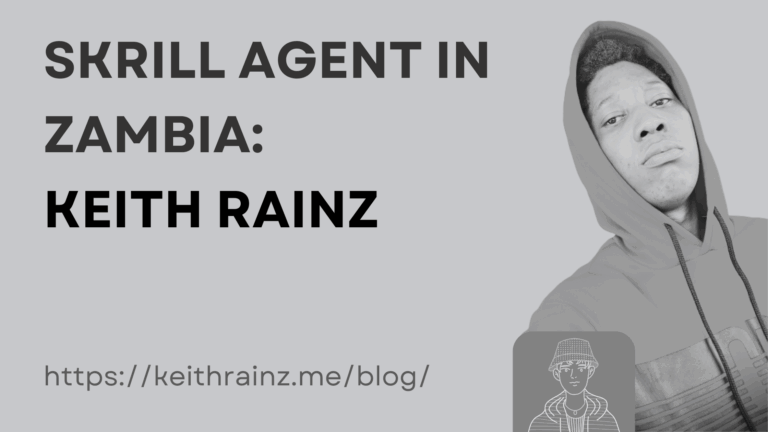So, first and foremost. What is NFT stand for? The term “non-fungible token” refers to a token that is not fungible. At its most basic level, an NFT is a digital asset that connects ownership to unique physical or digital assets, such as a work of art, real estate, music, or movies.
An NFT can be attached to any digital asset, such as a video clip, a tweet, or a digital photograph, and serves as an electronic identification that certifies ownership.
These ownership certificates are recorded on the blockchain, which is a secure digital ledger. In today’s society, NFTs are considered collectibles.
They are purchased and sold over the internet and act as digital proof of ownership for each individual item.
On a blockchain, NFTs are securely recorded. The same technology that powers bitcoins, ensuring the uniqueness of each asset.
The following are the most distinctive features of uniqueness.
Tokens that are non-fungible have information in their code that identifies the features that set them apart from other tokens.
A piece of digital art may have coded information about individual pixels, but tokenized in-game things could have features that allow the game client to determine which item the player owns and how visible its properties are.
Each NFT has a blockchain transaction history dating back to its creation, including every time it has changed hands. This means that each token can be validated as genuine and not a fabrication, which is critical for the rarity of the tokens for owners and potential buyers.
To be desirable to buyers, nonfungible tokens should most likely be uncommon. This ensures that the assets are always in demand and that supply does not exceed demand visibility.
Because NFTs are indivisible, they cannot be sold in fractions of a whole. Tokens that are nonfungible cannot be divided into smaller amounts. Half of a concert ticket is unavailable for purchase.
Because of their programmability, NFTs, like all other traditional digital assets and tokens generated on smart contract blockchains, are a distinct possibility. Okay, that was the end of the NFT definition. Now it’s time for the next lecture.








